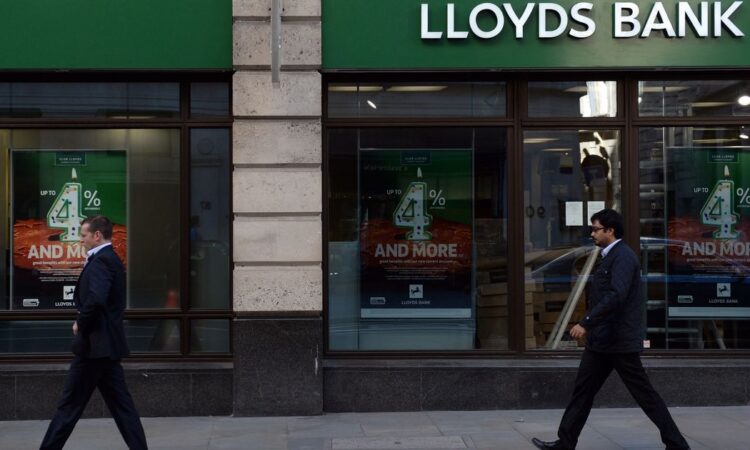
Lloyds Bank has issued a warning ahead of Black Friday – saying watch out for fake Apple, Nike and Lego deals. The high street banking giant says the number of online shopping scams jumped by almost a fifth (18 per cent) last November and December and the average amount lost was around £400 but some cases can run to £1,000s.
More than 70 per cent of shopping scams start on Meta-owned platforms like Facebook and Instagram. Apple phones, Nike trainers and Lego toys among the most common items listed in fake ads. Liz Ziegler, Fraud Prevention Director, Lloyds Bank, said: “Online shopping scams come in all shapes and sizes, but the vast majority start with items advertised on social media, where it’s too easy for fraudsters to use fake profiles and list items that don’t exist.
“When shopping online, the best way stay safe is to buy from a trusted retailer, and always pay by card for the greatest protection. If you’re unable to do those things, that should be a big red flag that you’re about to get scammed.” Lloyds Bank’s fraud experts compared the number of shopping scams reported in November and December last year compared with the year before, and they found that the rate of fraud being reported by consumers had jumped by 18 per cent.
READ MORE Met Office breaks silence on snow hitting UK across 11 dates in November and December
Among the most common items listed in fake ads or posts include Apple iPhones, Dyson Airwraps, Nike trainers, Ugg boots, PlayStation 5, Nintendo Switch and Lego sets, drones. Figures based on analysis of relevant purchase scams reported by Lloyds Banking Group customers with a transaction date between 1 November to 31 December 2022 (covering Black Friday and the festive season), with comparisons made to equivalent figures from 2021.
Around half of people (49%) say they don’t trust social media companies to keep them safe from scams when shopping on those platforms. And 70 per cent of people believe this role should sit with social media firms, with only 14 per cent stating it’s the responsibility of the person making the purchase.





